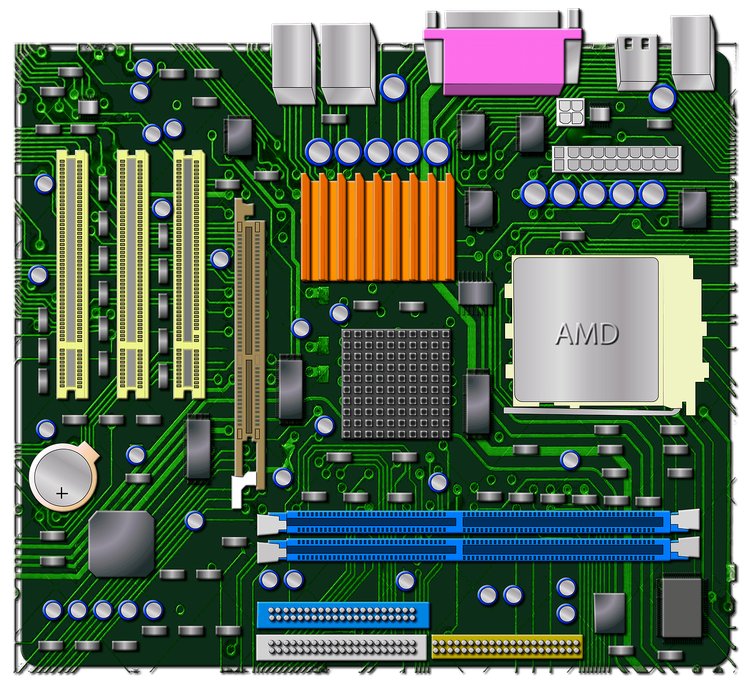Using AI-Generated Data to Train AI: A Recipe for Success or a Model Breakdown?
Most people like

Unlock your creative potential with our AI-powered platform designed for selling digital products and securing brand partnerships. Ideal for creators looking to elevate their business through innovative tools and streamlined processes, our platform simplifies the journey from product creation to successful brand collaborations. Start thriving in the digital marketplace today!

In recent years, artificial intelligence (AI) has dramatically transformed numerous industries, and healthcare is no exception. One area where AI is making a significant impact is medical scribing. By automating the documentation process, AI streamlines workflows and improves precision in patient records. This advancement empowers healthcare professionals to focus more on patient care while ensuring that crucial information is accurately captured and easily accessible. As we explore the influence of AI on medical scribing, we’ll examine its benefits and the future potential it holds for improving healthcare delivery.

Welcome to BookAI.top, your go-to AI learning platform designed to provide insightful tutorials on a wide range of AI technologies. Our mission is to empower you to enhance your work and learning experience with cutting-edge knowledge in the rapidly evolving field of artificial intelligence.

Effective Cash Flow Management Tools for Small Businesses
In today's fast-paced economy, small businesses face unique financial challenges. Ensuring a steady cash flow is crucial for maintaining operations, meeting obligations, and fostering growth. This article delves into the top cash flow management tools tailored for small businesses, designed to streamline financial processes and enhance decision-making. Whether you’re looking to track expenses, forecast revenue, or improve your overall financial health, these tools can empower you to take charge of your cash flow and drive your business towards success.
Find AI tools in YBX

